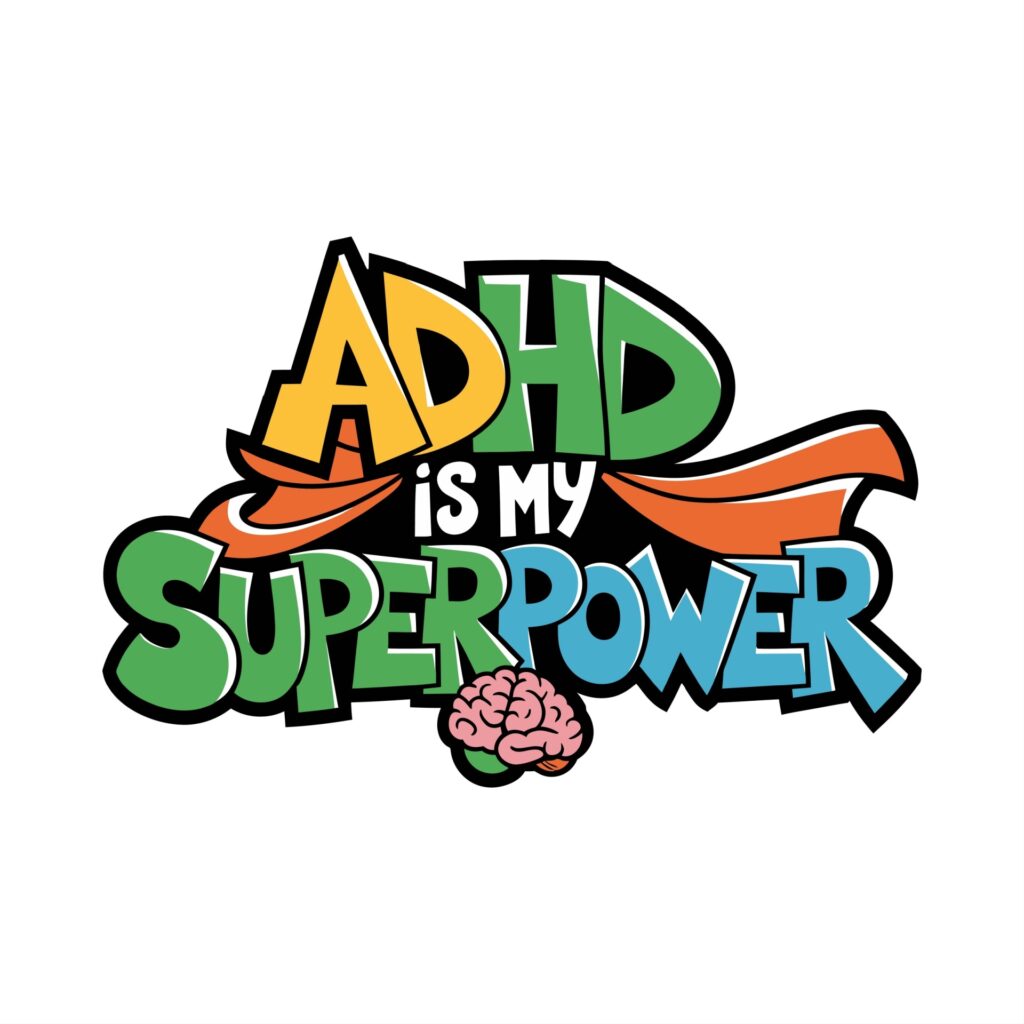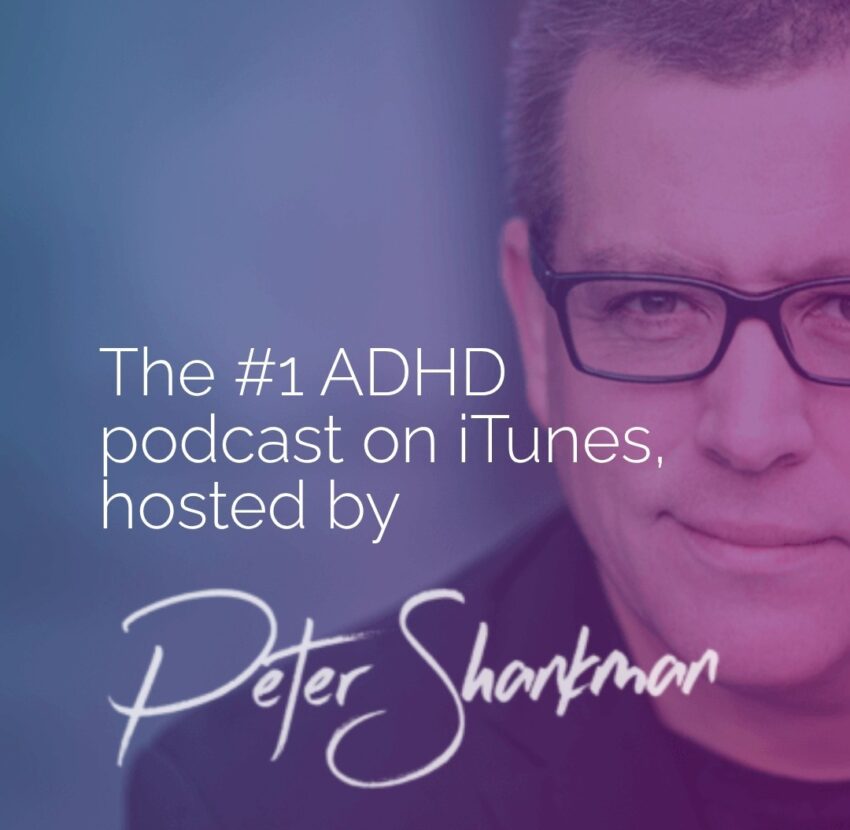Introduction
Throughout this series of blog posts, we’ve delved into the many challenges faced by individuals with ADHD — academic struggles, career hurdles, relationship difficulties, emotional dysregulation, impulsivity, and self-esteem issues. While ADHD can present significant obstacles in daily life, there’s another side to the story — one that is rarely discussed: the superpowers that often come with ADHD. In this post, I want to highlight the unique strengths that people with ADHD often possess, reframing what many perceive as deficits into powerful attributes.
Reframing Challenges as Strengths
As a psychiatrist, I’ve learned that ADHD is often a double-edged sword. While the challenges are undeniable, many of these very traits come with equally impressive benefits. Let’s take a closer look:
- Hyperactivity: Often seen as a struggle to stay still, hyperactivity can also be reframed as high energy and enthusiasm. This can be a huge asset in fast-paced environments where stamina and drive are required.
- Impulsivity: Rather than being a source of trouble, impulsivity can be seen as quick thinking, intuitive decision-making, and the ability to adapt rapidly in unpredictable situations. People with high impulsivity can often pivot on a dime, which is an invaluable trait in today’s fast-moving world.
- Distractibility: While being easily distracted can feel like a curse, it also means being attuned to subtle changes in the environment. People with ADHD are often keen observers who can spot patterns or shifts others might miss.
- Procrastination: Procrastination might be viewed as a lack of motivation, but for many with ADHD, it can translate into a last-minute surge of productivity. Under pressure, their brains can access a wellspring of creativity and problem-solving skills, allowing them to rise to the occasion when time is tight.
Hunters in a Farmer’s World
One of the most influential ideas about ADHD comes from Thom Hartmann, who, in his book “ADHD: A Hunter in a Farmer’s World”, suggests that ADHD may have conferred a significant survival advantage in the past. Hartmann posits that the traits associated with ADHD — impulsivity, distractibility, high energy, and stimulation-seeking behavior — were likely beneficial to our hunter-gatherer ancestors.
Imagine early humans tracking prey. The best hunters were those who could quickly identify subtle environmental clues — leaves rustling, animal tracks, or distant sounds. Once a lead was spotted, they would spring into action with focused intensity, maintaining their drive until the hunt was successful. In these high-stakes moments, the ADHD traits that seem problematic in the modern world were key to survival.
As human society evolved from hunter-gatherers to farmers, these traits, once essential for survival, became less suited to the new demands of a more sedentary, structured lifestyle. Today, we’re often expected to sit still for hours at a time, whether in the classroom or the office, and the once-adaptive traits of ADHD now feel like disadvantages.
However, despite the shifting demands of modern life, ADHD persists in the population, suggesting that these traits still provide some kind of advantage — even in today’s world.
Harnessing the Inner Hunter: Careers Well-Suited for ADHD
Many of my patients with ADHD thrive in careers where their “hunting” skills can be harnessed and put to good use. These high-energy, fast-paced jobs play to the strengths that ADHD provides:
- Sports: Quick thinking, rapid decision-making, and adaptability are all crucial in athletics.
- Sales: Impulsivity and intuition are essential for connecting with people and making fast decisions that seal deals.
- Teaching: Teachers with ADHD often have an infectious enthusiasm that can energize and inspire students.
- Culinary Arts: The ability to work under pressure and think on the fly makes chefs and kitchen staff a perfect match for those with ADHD.
- Emergency Services: Firefighters, paramedics, and first responders thrive on the ability to make snap decisions in crisis situations, using their high energy and quick reflexes to save lives.
In these fields, the very traits that might make traditional, office-based jobs more difficult are seen as huge assets, enabling those with ADHD to excel and innovate in dynamic environments.
Conclusion – Changing Perspectives
ADHD may pose significant challenges, especially in today’s world, which often values calmness, consistency, and focus. Yet, many people with ADHD come to realize that their condition is, in fact, a blessing in disguise. By shifting our perspective and recognizing ADHD as a source of unique strengths, we can help individuals embrace their natural abilities rather than seeing them as flaws.
Instead of focusing solely on the challenges, we should adopt a more balanced approach — one that acknowledges the remarkable qualities that ADHD brings. By reframing these traits as superpowers, we can help those with ADHD leverage their strengths, ultimately allowing them to thrive and contribute in ways they might never have imagined.





